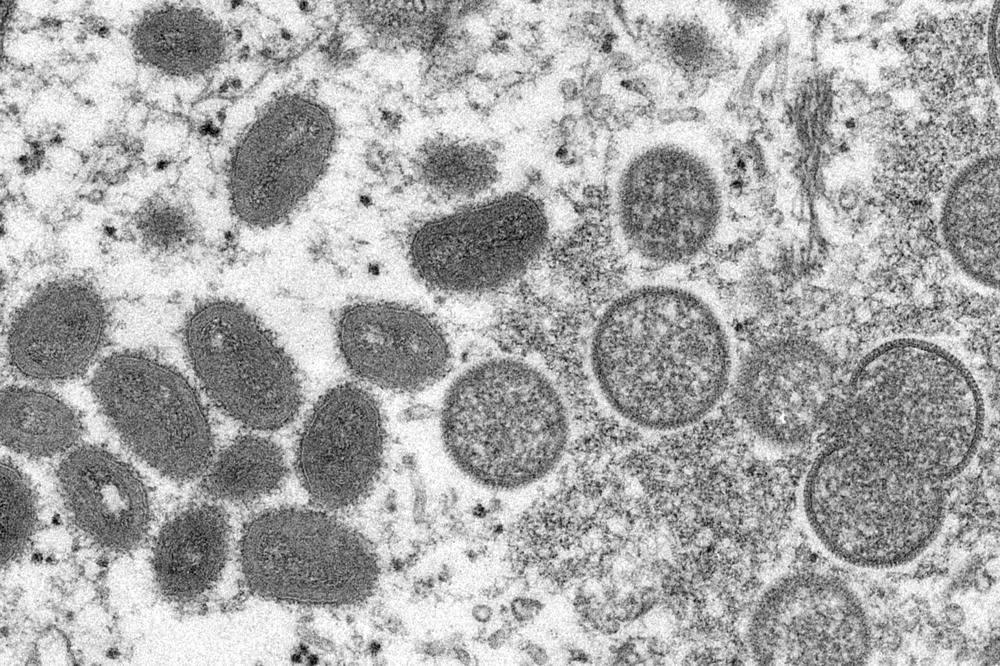In a country like Nepal, where clean drinking water and proper sanitation are scarce, the risk of a cholera epidemic is alarmingly high. This situation demands immediate recognition of cholera as a health crisis and requires urgent measures to address it. Cholera cases have already been reported in five districts across Nepal, with 47 confirmed cases so far. According to the Epidemiology and Disease Control Division, the waterborne disease has been detected in Lalitpur, Kathmandu, Kailali, Pyuthan, and Rupandehi districts. Lalitpur has reported the highest number of cases with 34, followed by Kailali with eight, Kathmandu and Pyuthan with two each, and Rupandehi with one. It is likely that the actual number of infected individuals is higher, as not everyone with cholera may have sought medical attention.
The spread of cholera is primarily driven by the contamination of drinking water sources. In Nepal, where sewage systems are inadequate and access to clean drinking water is limited, cholera can easily become an epidemic. In Kathmandu, it is believed that sewage mixed with drinking water pipes may be responsible for the outbreak. Cholera germs can also spread through rivers contaminated with human waste, particularly in areas where drinking water is sourced from these rivers. Additionally, fish and worms from polluted waters can also transmit cholera. Since cholera is rarely transmitted directly from person to person, emphasizing personal and collective hygiene can significantly reduce the risk of infection. However, given the general laxity in personal hygiene practices among many Nepalis, a multi-faceted approach is needed, including public awareness, infection control, and prompt treatment to prevent major outbreaks.
Cabinet meeting today expected to take decisions to enforce var...

Cholera is an acute diarrheal disease that can be fatal within hours if untreated. It predominantly affects populations lacking access to safe water and sanitation. Factors such as conflict, unplanned urbanization, and climate change further exacerbate the risk of cholera outbreaks. The World Health Organization (WHO) estimates that cholera causes between 1.3 to 4.0 million cases and 21,000 to 143,000 deaths globally each year. While many infected individuals exhibit mild or no symptoms, most cases can be effectively treated with oral rehydration solutions. In Nepal, the high risk of a cholera epidemic warrants its immediate recognition as a health crisis. Special attention must be given to the water distribution system to prevent contamination and implement purification measures urgently. Ensuring that sewage does not mix with drinking water is crucial, and simple water purification methods such as chlorination and boiling should be widely practiced.
Many Nepalis eat with their hands, yet thorough hand washing before meals is often neglected. Washing hands with soap and water before eating can prevent many infections, including cholera. Public health campaigns should emphasize the importance of proper sanitation and discourage open defecation. With the cholera outbreak already underway, there is no time to waste in implementing enhanced surveillance, conducting thorough examinations and launching vaccination drives. Treatment camps and specialized medical teams should be deployed in high-risk areas. The Health Ministry must prioritize the mobilization of provincial and local governments in this effort. If cholera is allowed to become an epidemic in the twenty-first century, leading to avoidable deaths, it will be a grave failure of the state. We urge the government to take swift and decisive action to prevent such a scenario.







-1200x560-1772467693.webp)




























